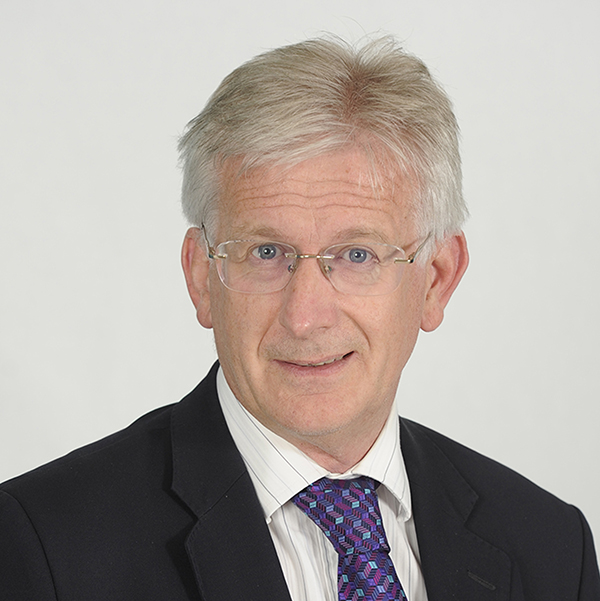The appliance of science - Scotland style
- Dr Andrew Fraser
- 08 March 2018
- Health inequality

In dealing with the political world, as public health advocates often do, it is rarely wise to take people by surprise. Authors want their reports to influence the thinking reader, not antagonize them. But politicians themselves have the occasional tendency to shock and the endeavour of public health is often more interesting as a result. This year started strongly, looking across at the U.S to the censorship of our gargantuan fellow agency.
Quoting from the Washington Post, at the start of this year:
"Policy analysts at the Centers for Disease Control and Prevention [CDC] in Atlanta were told of the list of forbidden words at a meeting … with senior CDC officials who oversee the budget, according to an analyst who took part in the 90-minute briefing. The forbidden words are “vulnerable,” “entitlement,” “diversity,” “transgender,” “fetus,” “evidence-based” and “science-based.”
"In some instances, the analysts were given alternative phrases. Instead of “science-based” or “evidence-based,” the suggested phrase is “CDC bases its recommendations on science in consideration with community standards and wishes,” the person said. In other cases, no replacement words were immediately offered."

So, the staple of modern public health terms head for the garbage can. As with all things in public health, this isn’t new. The UK Government made the term ‘inequalities’ disappear after the Black report Inequalities in Health of 1980, until 1997; we had ‘variations’ instead. Interestingly, we now have both, with the latter often used in the context of access to health care, rates of interventions, and for a variety of reasons.
But it is the phrase ‘science in consideration with community standards and wishes’ that gets us thinking. Community standards and wishes vary, country to country, in the UK already. In Scotland, where we publish reports on the health consequences of welfare provision and changes, such an activity would have decision-takers’ eyebrows twitching elsewhere. No national health agency survives on its own, free of context and pressing its knowledge and evidence on a grateful and 'community-standards-and-wishes-free' public and parliament. Instead of raising others’ eyebrows, we furrow our brows: how do we phrase our advice to the various publics, decision-takers and the media in a way that is ‘in consideration….’ with strength and influence?
First, we set out facts that have authority; they are well founded and presented in understandable form. Second, we say what we think they mean, in a Scottish context. Third, we link the intelligence work which frequently describes problems with evidence of effective interventions that are available, which describe solutions. But all the time, we take account of the publics we serve, its relevance to them and their public representatives, and the media they read and watch.

How has the world changed? Who would have thought that smoke-free public spaces would be so popular back in 2000, or that introducing a floor price for cheap alcohol would attract growing public support over the past few years? Minimum unit pricing reaches your local off-licence on May 1st. These advances require the appliance of science, knowledge, in a way that people increasingly respect. They are evidence-based, science-based, and benefit especially the most vulnerable. Foetuses have entitlement to that protection too. Fortunately, we haven’t had chunks removed from our dictionary, like the folk in CDC, Atlanta. But it happens, and both we and they will adjust.
In Scotland, we are in a fortunate position to make improvements that tackle our relatively poor and unequal health record. Governments, both local and national, have a will and an appetite for bold measures. We need these measures. We make the most of our freedom to advocate for better health among all our audiences – public, professional and the media – knowing that it is a privilege, a responsibility, and an opportunity wasted if the message lands badly. It’s best to keep surprises for a very few, special moments.
To subscribe to our blog, please email us.
You can follow Dr Andrew Fraser on Twitter.

